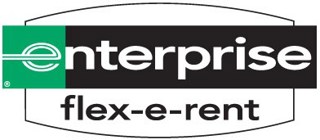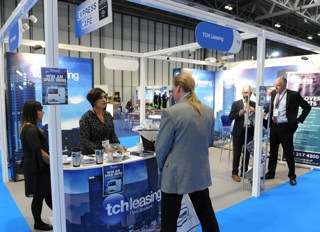Changes to company car tax rates will lead to a rise in demand for pure electric vehicles (EVs) and plug-in hybrids, according to the Energy Saving Trust (EST).
The amount of tax that company car drivers pay for vehicles that emit less than 75g/km - known as ultra-low emission vehicles (ULEVs) - is set to rise over the next four tax years. However, the EST believes the gap between the benefit-in-kind that a ULEV incurs versus a conventional diesel is still enough to encourage drivers to switch.
Ian Featherstone, knowledge manager at EST, who was speaking at the Go Ultra Low best practice session at Fleet Management Live, said that there is still “clear water” between a diesel vehicle with CO2 emissions of 104g/km and one emitting up to 50g/km.
“That indicates that if you’re not allowing plug-in hybrids or pure electric vehicles at the moment your drivers are going to be asking for them soon to keep their tax bills down,” he said.
Ben Wicks of Go Ultra Low, the Government campaign to encourage the uptake of ULEVs, said that company car drivers could save hundreds of pounds each month in tax and fuel by opting for a ULEV, while companies could save up to £10,000 per vehicle over four years (taking into account the Government’s plug-in grant of up to £8,000 towards the purchase price of a van).
“If you’ve got a large fleet and you’re operating plug-in hybrids and pure electric vehicles the savings can be astronomical,” he said.
Fuel costs for a petrol or diesel vehicle are 10-12ppm, on average, according to Wicks, with an EV working out at 2ppm - a saving of 10ppm.
Depending on the electricity tariff, it could cost £2 to charge an EV from 0-100%, Wicks said.
Companies also benefit from reduced service maintenance and repair (SMR) costs as EVs have fewer moving parts.





















Login to comment
Comments
No comments have been made yet.